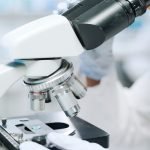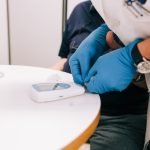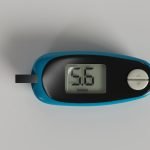Scientists find surprising link between bowel disease and gout
In an intriguing study recently published online in JGH Open on September 1st, a potential strong link between inflammatory bowel disease (IBD) and gout...
Scientists find new way to starve pancreatic tumors
Pancreatic cancer, notorious for its low survival rates and unique metabolic attributes, might be on the verge of meeting a novel adversary.
Scientists from Sanford...
Scientists find the ideal dose for treating diabetes
In an expansive international collaboration, doctors from across the globe sought to evaluate a new medication aimed at managing type 2 diabetes, a health...
Heart attacks might speed up memory loss
Heart attacks are scary, and they happen when the blood can’t get to a part of the heart and it starts to damage it.
Many...
How blood pressure meds may influence memory functions
Engaging in typical conversations about our well-being, we often talk about the medicines we take to manage everyday health woes like colds, allergies, and...
New drug could help treat multiple cancers caused by genetic mutations
Navigating through the complex world of cancer research might seem like an overwhelming task, especially when the terminology and processes are designed for scientists...
New diabetes drug could control blood sugar and body weight better, study finds
Understanding how our bodies function is fascinating, and sometimes, digging deep into health conditions like diabetes can provide surprising information, like its unseen effects...
Beetroot juice is a tasty way to lowering blood pressure
Imagine sipping your way towards better health, specifically in the domain of blood pressure management, with just a daily glass of juice.
A team of...
Pain after heart attack can be a marker of high death risk
A new study, as reported in the Journal of the American Heart Association, unveils a stark association between pain experienced after a heart attack...
Non-melanoma skin cancer kills more people, study finds
Imagine you hear about two forms of skin cancer: one is frequently discussed, recognized as dangerous and has a pronounced reputation for being lethal...










